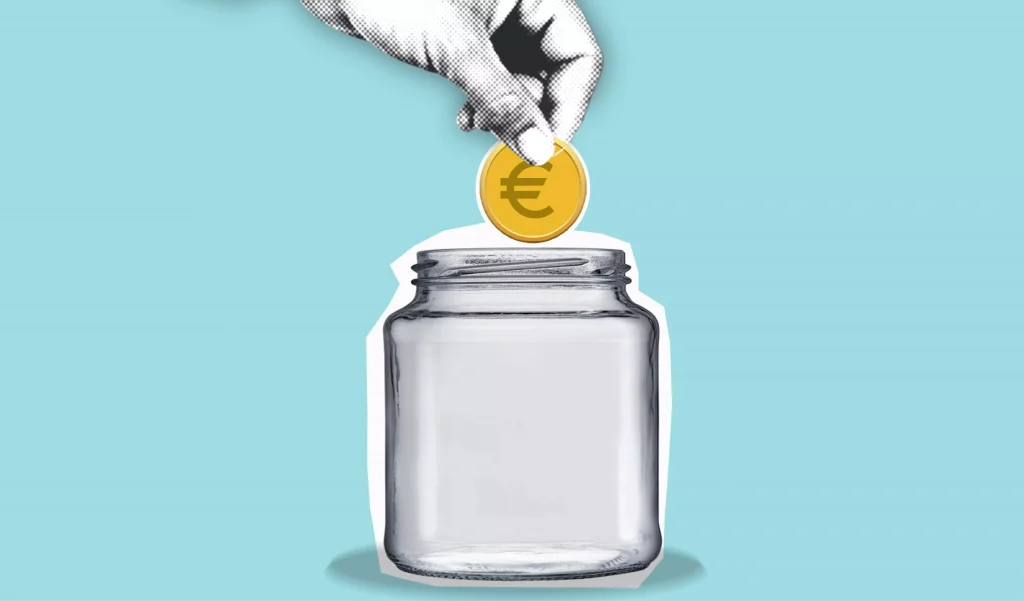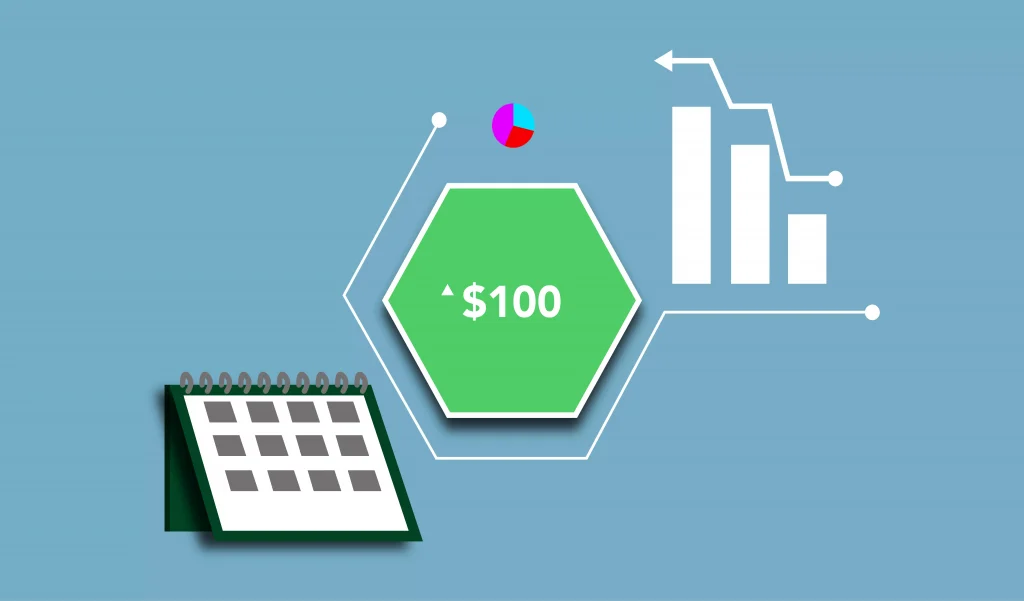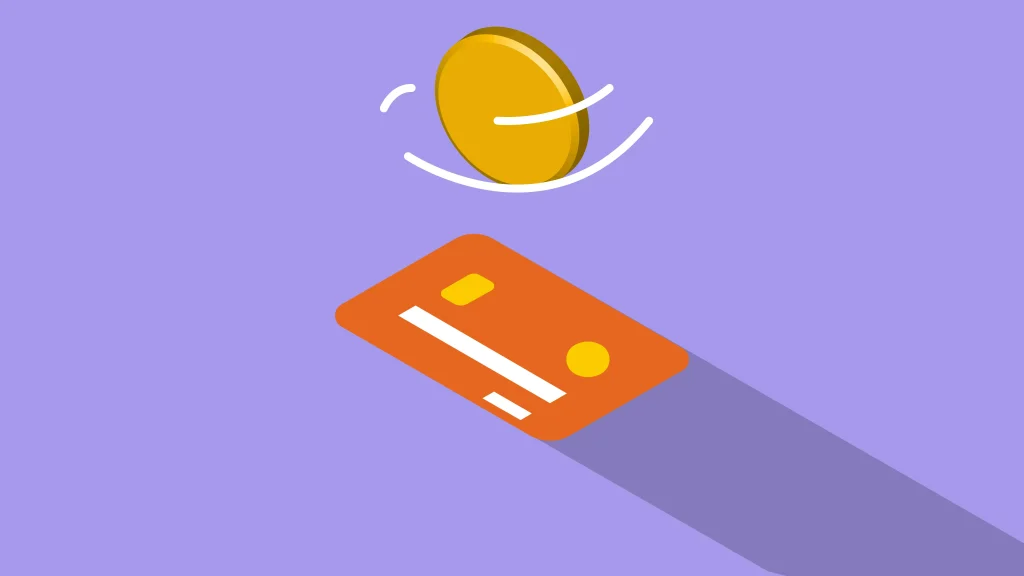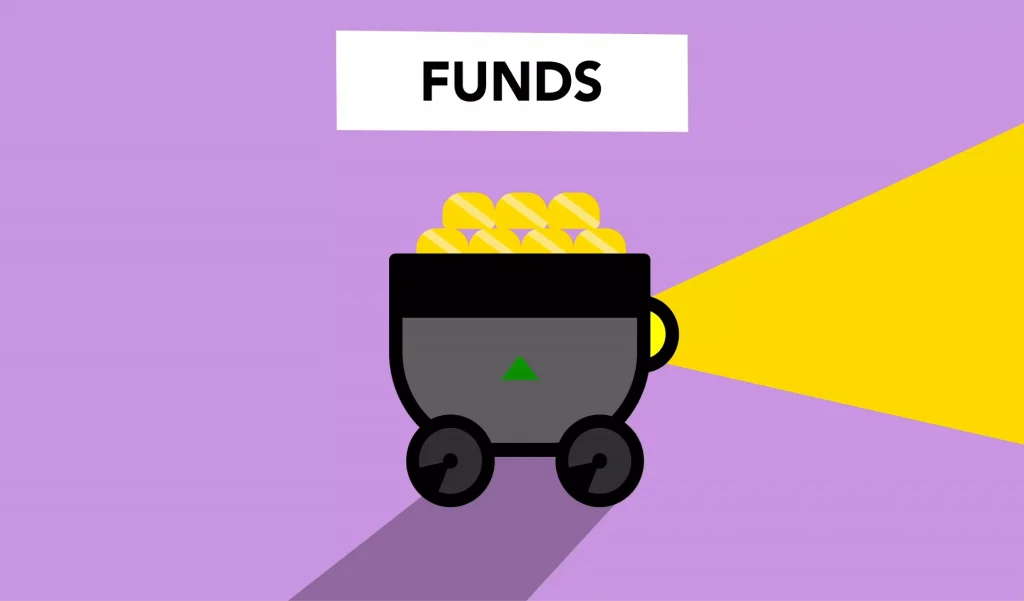When it comes to emergency funds, separate savings always are a safety net. Before starting to save, consider an emergency fund calculator to consider how much money and how much cash can you actually save with your monthly income. According to experts, the key is in credit cards, meaning that you should prefer paying with credit cards.
The important thing to consider when you are starting out is that small amounts and a little bit of money are crucial. The best place to start so you can earn enough money for mutual funds and for your next emergency are not so much emergency savings but rather small bank deposits which do not require a certificate of deposit. Money market accounts with higher interest rates are for later.
The Importance Of An Emergency Fund

A good rule of thumb in considering retirement savings is to start with health care. Just calculate what your resident physician is charging you for the basic family needs. After the health care consider mortgage payment at high rates and after that the service provider for your network and so on. The monthly costs and the months worth of cash accounts and investment accounts can drastically change.
Imagine the current job stability on the market and an unexpected job loss which higher the unemployment rates and makes financial products and pay rates more expensive. Emergency funds are the foundation of financial stability. There should be easy access to retirement accounts and a good reason for that is a sudden illness or other medical emergencies. Or for single parents for example with no second home, an emergency fund is a great way to have security. A good goal consists of starting with little things.
How Much Should You Save?

A good rule of thumb is to save enough money to cover at least three to six months’ worth of expenditures. The amount of your emergency fund will vary based on your lifestyle, monthly bills, income, and the number of people who rely on you financially.
At first glance, this sum may seem to be an insurmountable obstacle; nevertheless, the plan is to save a modest amount on a weekly or biweekly basis in order to work up to the target amount.
You should also think about changing the amount depending on your financial responsibilities, the requirements of your family, the security of your employment, and any other relevant circumstances.
Stashing The Emergency Fund

As soon as you have a goal in mind, the next step is to look for a savings account that offers a rate of interest that is comparable to other accounts in the market.
It is recommended that you put your emergency money in a savings account since this kind of account makes it simple to withdraw cash when it is required. And since it offers a greater interest rate than other savings accounts, a high-yield savings account will assist you in increasing your savings balance.
When Should It Be Used?

Your reserves for unforeseen emergencies should only be dipped into for costs that are squarely connected to a crisis that has arisen out of the blue. You will have a better idea of how much money you need to save if you determine in advance the monetary amount that should be in that account.
When you make a withdrawal from the savings for unexpected events, you will then be aware of how much money you need to put back into the account.
If you do end up having to withdraw money from this fund, it is critical to go right to work on replenishing it as soon as possible. Keep in mind that if you begin saving money right now, the money you save today may go a long way toward helping you fulfill your requirements in the event of an unexpected emergency in the future.
Read more articles in the Business Category
